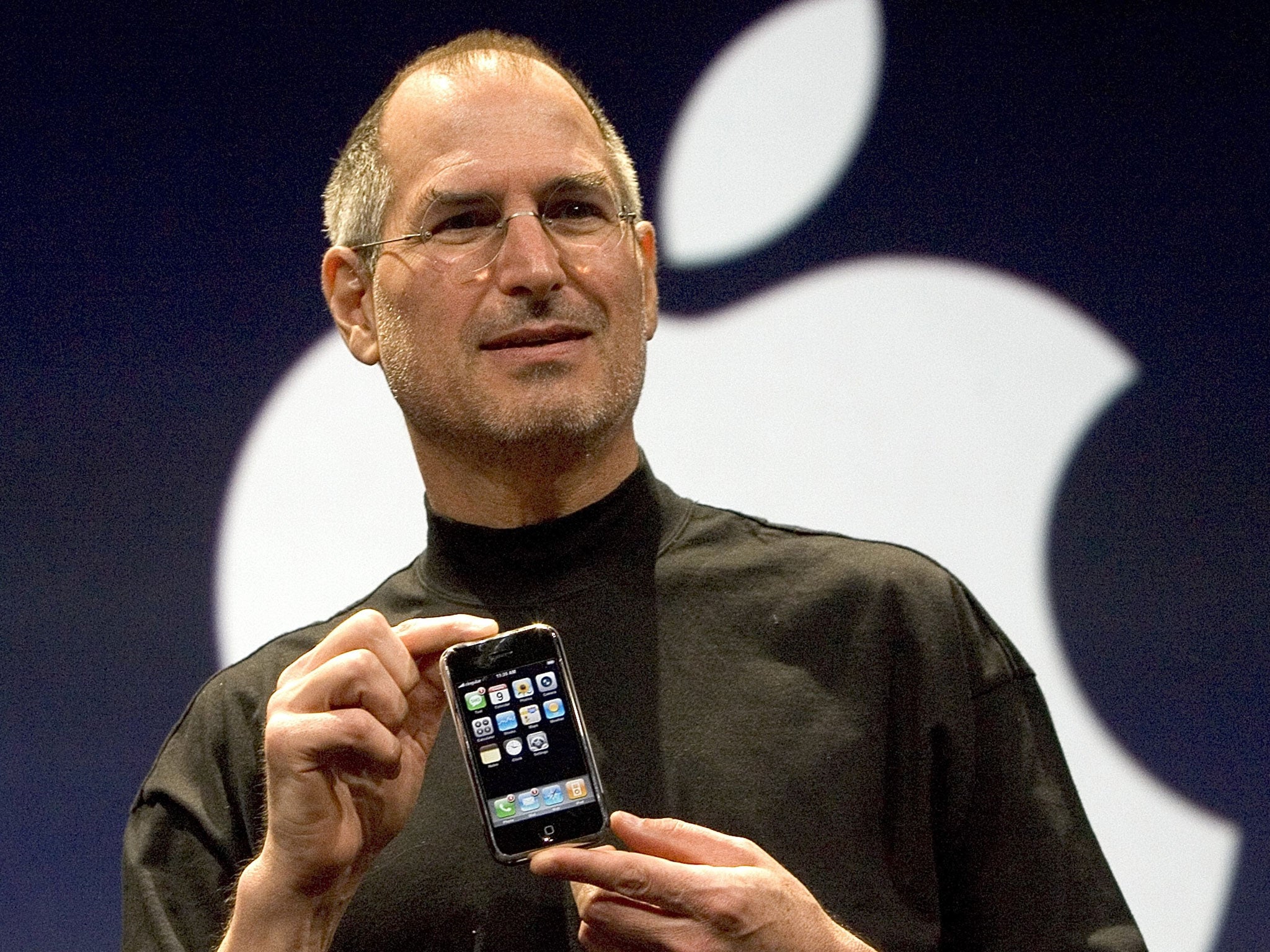E-book price-fixing trial: Apple accused conspiring with major publishers MacMillan, Simons & Schuster, Hachette, HarperCollins and Penguin

Apple conspired with major publishers to drive up the price of e-books in a scheme that cost consumers hundreds of millions of dollars, a New York court has heard.
Lawrence Buterman, a lawyer for the US Department of Justice, told District Judge Denise Cote that Apple and five of the six largest American book publishers had “consciously committed to a scheme to raise e-book prices throughout the industry”.
He claimed that the price hike, which came as Apple prepared to launch the iPad and take on Amazon, the dominant force in the e-book market at the time, was encouraged by the late Steve Jobs.
Amazon set low prices on its e-books, charging just $9.99 (£6.53) apiece and selling them at a loss as it sought to shift its Kindle devices, the court was told. “Apple wanted to sell e-books to the public, but did not want to compete against the low prices Amazon was setting. Apple knew that the major publishers also disliked Amazon’s low prices and saw Apple’s potential entry as a pathway to higher retail prices industry-wide,” the US government claimed in court papers filed ahead of the trial. Judge Cote is hearing the case without a jury, and the trial is expected to last around three weeks.
It citied a passage from an authorised biography of Mr Jobs by Walter Isaacson, which it said proved that Apple had sought to inflate prices. “We told the publishers, ‘We’ll go to the agency model, where you set the price, and we get our 30 per cent, and yet, the customer pays a little more, but that’s what you want anyway,” the book quotes Mr Jobs as saying.
This was in contrast to the arrangement that Amazon had with publishers, where instead of relying on commissions, it bought books wholesale from publishers and then set the prices.
The five publishers who were accused by the government of participating in the alleged conspiracy - MacMillan, Simons & Schuster, Hachette, HarperCollins and Penguin - have already settled, paying out a total of $164m.
Apple, however, has held out, claiming it had done nothing wrong. The company’s current chief executive, Tim Cook, who succeed Mr Jobs in 2011, told the All Things Digital conference in California last week that the case was “bizarre”. “We’ve done nothing wrong there, and so we’re taking a very principled position,” he added. “We’re not going to sign something that says we did something we didn’t do.”
Apple’s lawyer, Orin Snyder, echoed Mr Cook’s comments. “Apple is going to trial because it did nothing wrong,” he said. “Apple did not conspire with any publisher individually, collectively or otherwise to raise industry prices.”
The tech giant claims that it brought competition to a market dominated by Amazon. Of the US government’s case, Mr Snyder said: “Even our government is fallible, and sometimes the government just gets it wrong.”
But authorities are confident they have an edge over Apple. Judge Cote said during a pretrial hearing last month that while she hadn’t made up her mind, she believed that the “the government will be able to show at trial direct evidence that Apple knowingly participated in and facilitated a conspiracy to raise prices of e-books.”
Apple vs Amazon: Extract from Jobs biography
The alleged hike came as Apple prepared to launch the iPad and take on Amason’s Kindle
Amazon screwed it up. It paid the wholesale price for some books, but started selling them below cost at $9.99. The publishers hated that — they thought it would trash their ability to sell hardcover books at $28. So before Apple even got on the scene, some booksellers were starting to withhold books from Amazon.
So we told the publishers, ‘We’ll go to the agency model, where you set the price, and we get our 30%, and yes, the customer pays a little more, but that’s what you want anyway.’ But we also asked for a guarantee that if anybody else is selling the books cheaper than we are, then we can sell them at the lower price too. So they went to Amazon and said, ‘You’re going to sign an agency contract or we’re not going to give you the books.’”
Subscribe to Independent Premium to bookmark this article
Want to bookmark your favourite articles and stories to read or reference later? Start your Independent Premium subscription today.

Join our commenting forum
Join thought-provoking conversations, follow other Independent readers and see their replies